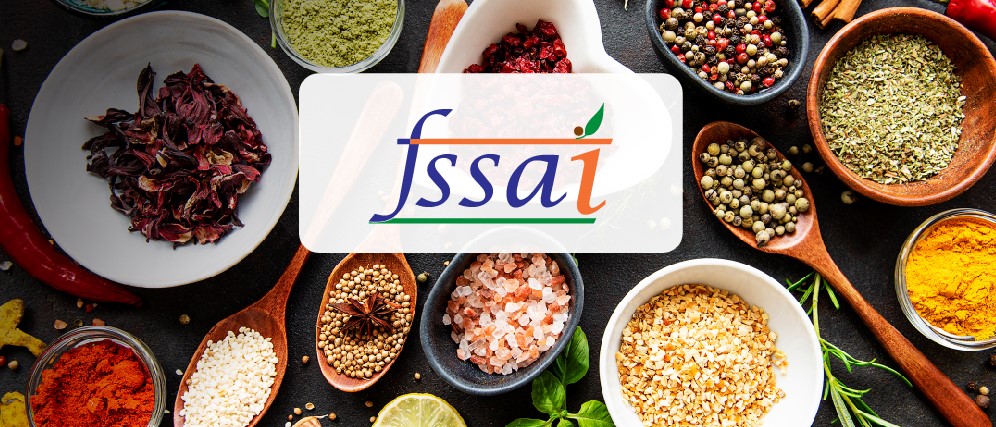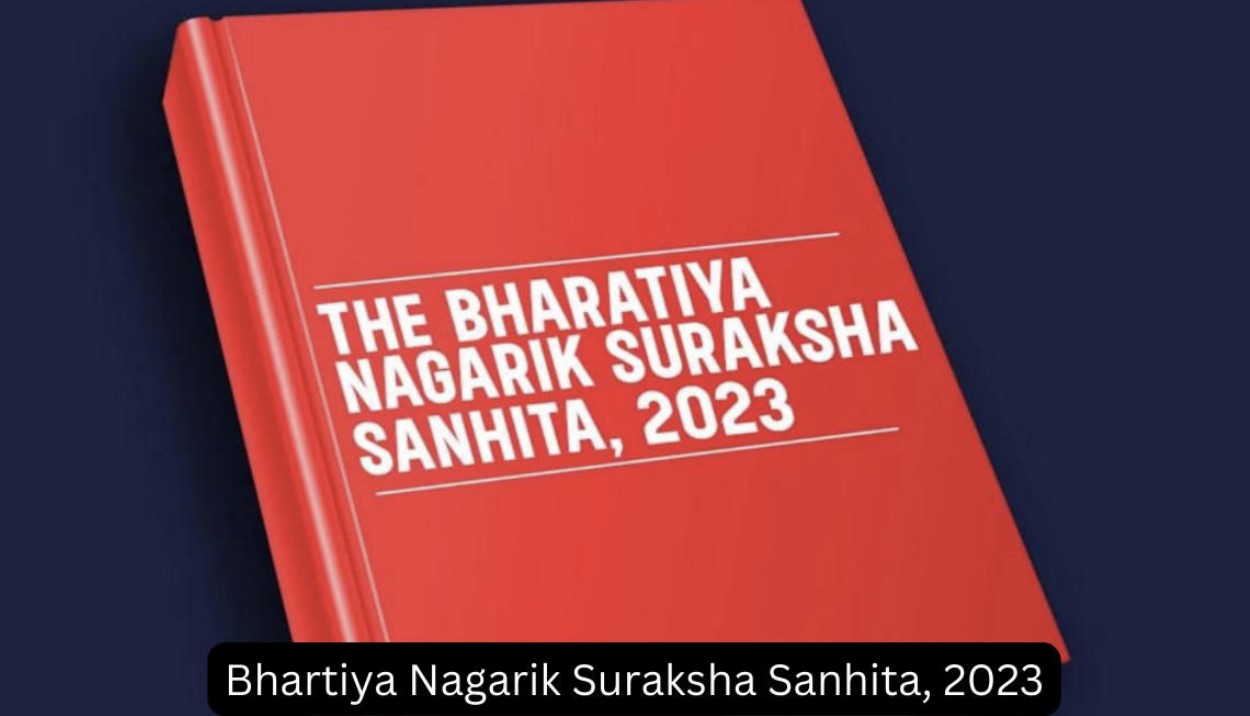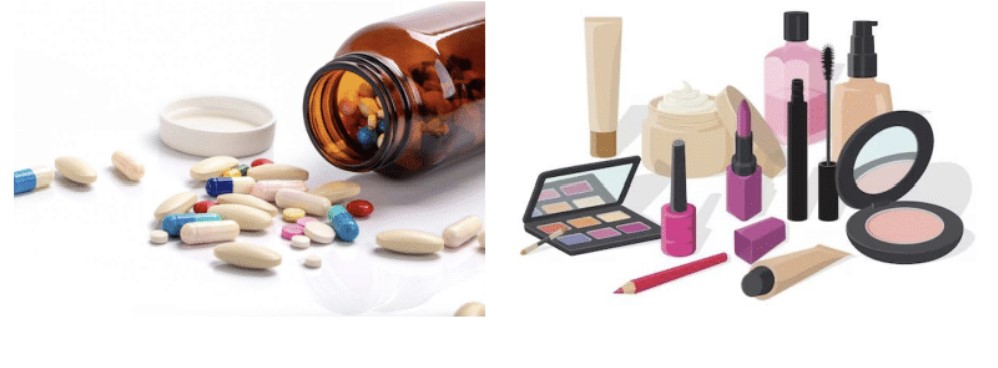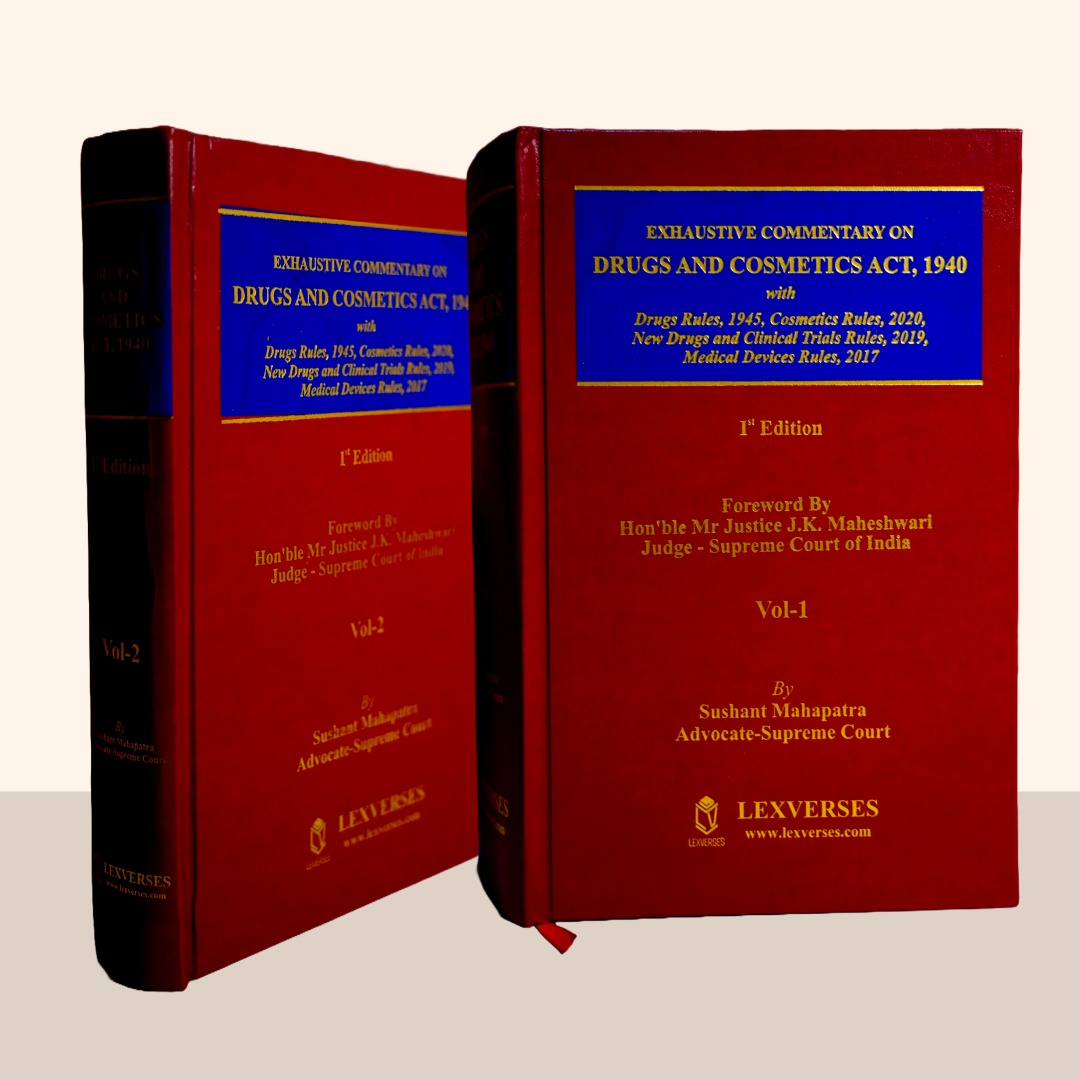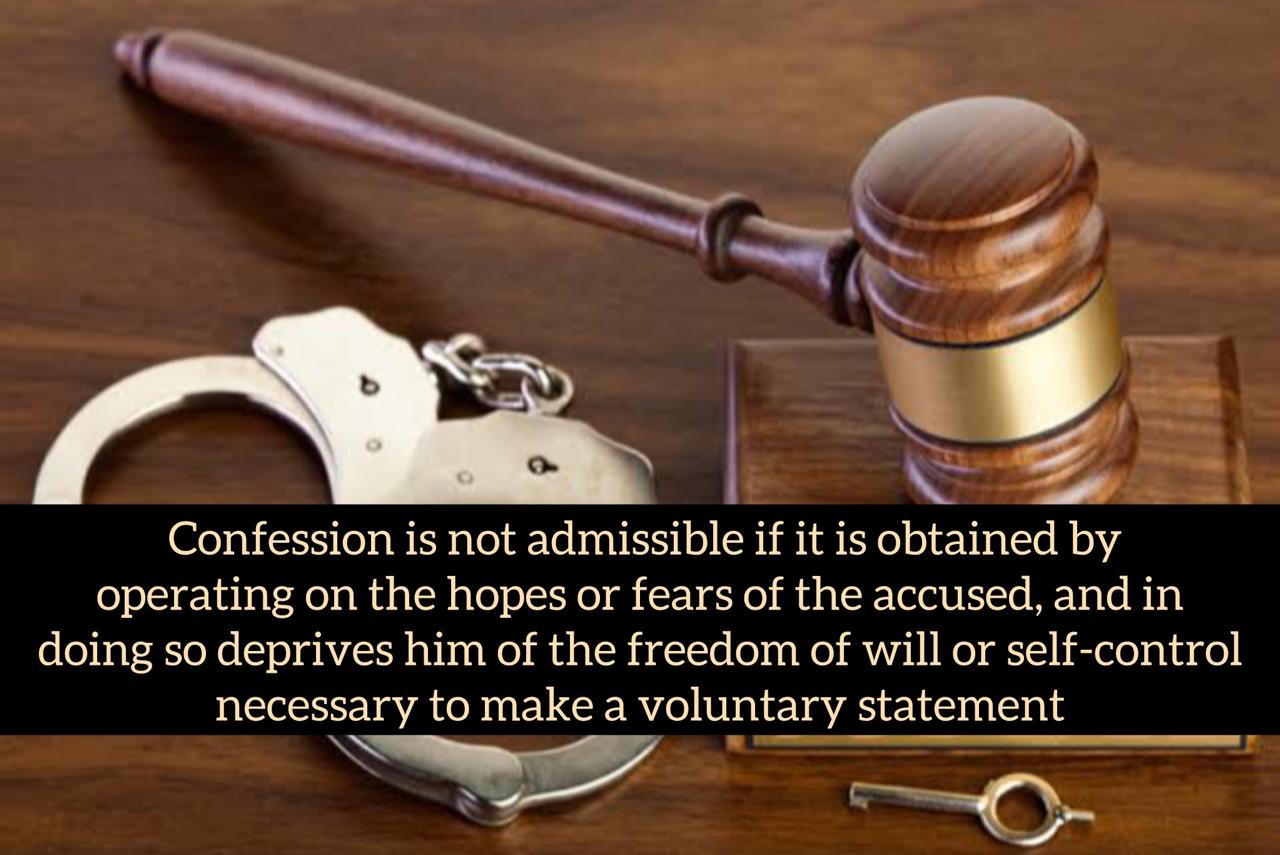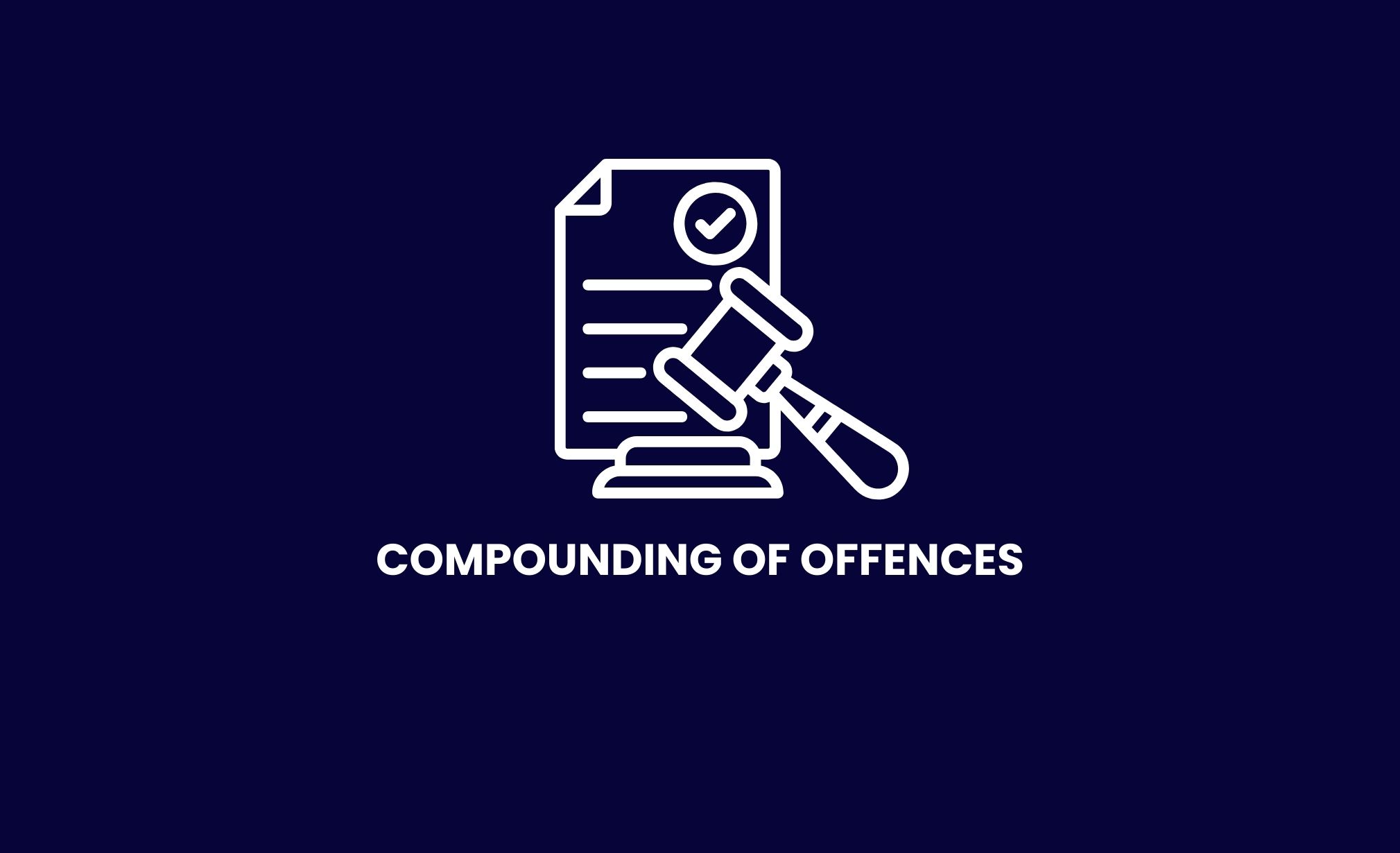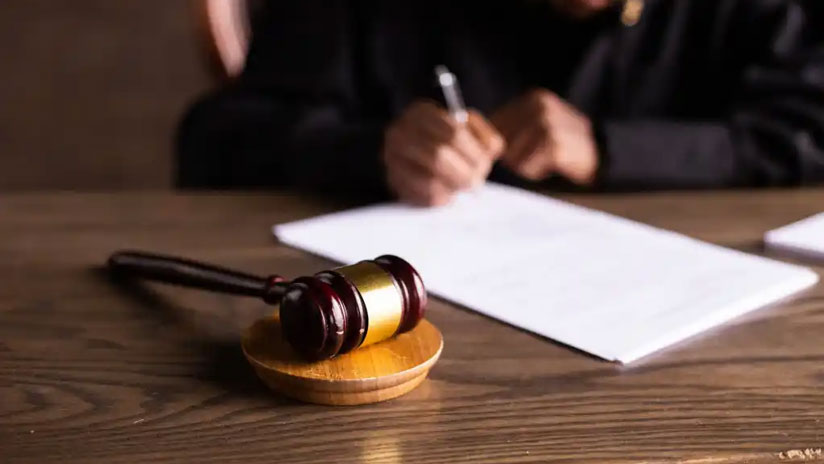Licensing under Food Safety and Standard (Licensing and Registration of Food Business) Regulation 2011
Introduction:
The Food Safety and Standards Act of 2006 was enforced
in August 2006, leading to the elimination of seven acts, including the
Prevention of Food Adulteration Act of 1954, the Vegetable Oil Product Order of
1980, and the Meat Food Products Order of 1973. Since its introduction, there
has been confusion about the authority responsible for issuing
licenses under the act and
the process for obtaining them. In response to this, the author provides
insights to enhance understanding of the licensing concept under the act and
the associated regulations.
Since the enactment of the Food Safety and Standards Act in August 2006, the licensing and registration of food businesses in India has been governed by the Food Safety and Standards (Licensing and Registration of Food Business) Regulations 2011. These regulations specify various provisions and establish the authority responsible for supervising food businesses in India.
Licensing and Registration of Food Businesses:
By the Food Safety and Standards Act of 2006, the licensing and registration of food businesses
are overseen by section 31 of the FSS
Act. For a comprehensive understanding, it is essential to study Regulation 2.1
of the Food Safety and Standards (Licensing and Registration of Food
Businesses) Regulations, 2011 in conjunction with the Act. As stipulated in Section 31, any person engaged in the procurement, production, storage,
distribution and sale including the import of food, is
required to obtain a license from the concerned authority.
Certain pointers need to be stated:
a) A person carrying on business without a license shall be punished with imprisonment of 6 months, or with a fine of up to rupees five lakhs. (Section 63)
b) This section shall not apply to a petty manufacturer who manufactures or sells any article of food to retailers, hawkers, etc. But they shall register with such authority as may be mentioned in the regulation.
Authorities responsible for Licensing and Registration of Food Business:
1. Registration Authority: Food Safety Officer or any other official in the panchayat, municipal corporations, or any other local body notified by the state Food Commissioner of the need for registration.
2. State Licensing Authority: The designated officer appointed under Section 36(1) of the FSS Act by the food safety Commissioner of the state or UT for licensing and Monitoring.
3. Central Licensing Authority: Designated officer appointed by the Chief Executive Officer of the Food Authority of India in his capacity as Food Safety Commissioner. The designated officer at the Central Level will only be responsible for the grant of licenses for the food items mentioned in Schedule 1.
Schedule I of Food Saftey and Standards (Licensing and Registration of Food Businesses) Regulations (Licensing Regulations), 2011:
On reading Schedule 1, one can find a list of food
businesses for which only the Central Licensing Authority has the power to grant licenses. The list includes:
i.
Dairy units that include milk chilling units that can carry
or handle more than 50,000 liters of liquid milk/day or 2500 MT of milk solid
per annum.
ii. Vegetable
oil processing units
iii. Slaughterhouses
iv.
Meat Processing units
v. Relabellers and repackers
vi.
100% export-oriented units
vii. Importers of food items and their ingredients
viii. All food business
operators manufacturing articles of food containing ingredients or substances
or using technologies whose safety has not been established.
ix.
Food Business
Operators operating in two or more states.
x. Food Catering Services.
Control on Food Businesses:
The supervision of food
businesses is done in two
ways:
a. The registration of petty food businesses
b. License to the food businesses
Registration for Petty Business Operator:
There is an exception for petty businesses to have a
license, but they need to get themselves registered by complying with Form A under Schedule 2 of the Licensing
Regulation, 2011 along with a fee as provided in Schedule 3 of the Licensing Regulations, 2011. The petty
food manufacturer needs to abide by the hygiene
and safety requirements as provided in Schedule 4 of the Licensing Regulations, 2011. Such
application shall be made to the Registering Authority.
License for all food business operations:
As per regulation 2.1 of Licensing Regulations, 2011,
all food business operators shall be registered or have a license to operate.
The application for a license shall be made in Form B of Schedule 2 of the Licensing Regulations, 2011. Such application shall contain a self-attested
declaration in a format provided
in Annexure 1 of the Licensing Regulations, 2011 along with the documents as mentioned in Annexure 2 of the Licensing Regulations,
2011.
Registration or License must be obtained before commencing business:
It's important to note that in conjunction with the Act,
Regulation 2.1.2 of the Licensing Regulations, 2011 must be considered, which
requires a license to be obtained before starting any food business. So, before
this act, all the operators who were in this business, need to get their
existing licenses converted into a new license as per the Act by making an application to the
licensing authority. Before making an application, the operator needs to comply
with the safety requirements as mentioned in Schedule 4 of the Licensing Regulations, 2011 within one year of the notification of this
regulation. Failure to comply with the provision shall attract a penalty as per
section 55 of the FSS Act.
Processing of License Application:
Regulation 2.1.4 states the period for processing of
license application. The period is
60 days from the date of issue
of application ID number. The application ID number shall
be provided after the receipt
of the complete application. This ID shall be used for future communication.
During the verification process, within 15 days, if the licensing authority
requires some additional information, the applicant can provide the same within
30 days of such information. A food safety officer
or any other person who has been designated shall be appointed
who inspect the premises. All the hygienic
conditions as provided
in Schedule 4 need to be complied with. If the same has not been done,
a notice has to be issued to the applicant. After intimation of
the compliance, the licensing authority shall issue the license in Form-C under Schedule 2 of the Licensing
Regulations, 2011. Such license has to be depicted in a conspicuous place.
The licensing authority has the power
to refuse the grant of a license,
and if the same has been
done, then the opportunity for a hearing must be given.
Commencement of business and other provision:
The commencement of business can be done after 60 days
of making a complete application unless otherwise refused. The license
shall remain valid
for a period of one to five years depending upon the type of
business.
Renewal of Registration or license:
An application for renewal of a registration or license shall be made in Form A or B of Schedule 2 of the Licensing
Regulations, 2011, not later than 30 days before the expiry date as shown in
the license. If the renewal
application is made, not later than 30 days before the expiry date the application shall be accompanied by a
late fee of Rs. 100 per day. If the business operator doesn’t apply for renewal
before the expiry of 30 days as mentioned before,
the operator needs to close all its operations.
Suspension and cancellation of license:
Provisions of suspension and cancellation of license of registration have been provided in regulation 2.1.8 of Licensing Regulations, 2011. The license can either be suspended or canceled if the conditions have not been complied with by the operator, but only after being heard.
Modifications, expansion, or changes in the premises:
Regulation 2.1.9 of Licensing Regulations, 2011 provides
for the provision of modifications, expansion, or changes in the premises of
the food business establishments after the grant of license. Any such change shall be informed to the authority. Appeal provisions are provided in regulation 2.1.12 of Licensing
Regulations, 2011 where an appeal to the Food Safety Commissioner as per
provision of Section 31(8) can be made.
Disclaimer: The above
article is based
upon the research
of the author to her best understanding of the law and procedure. The error in understanding is not ruled out. No liability can
be attached to if acted on the views of the author.


